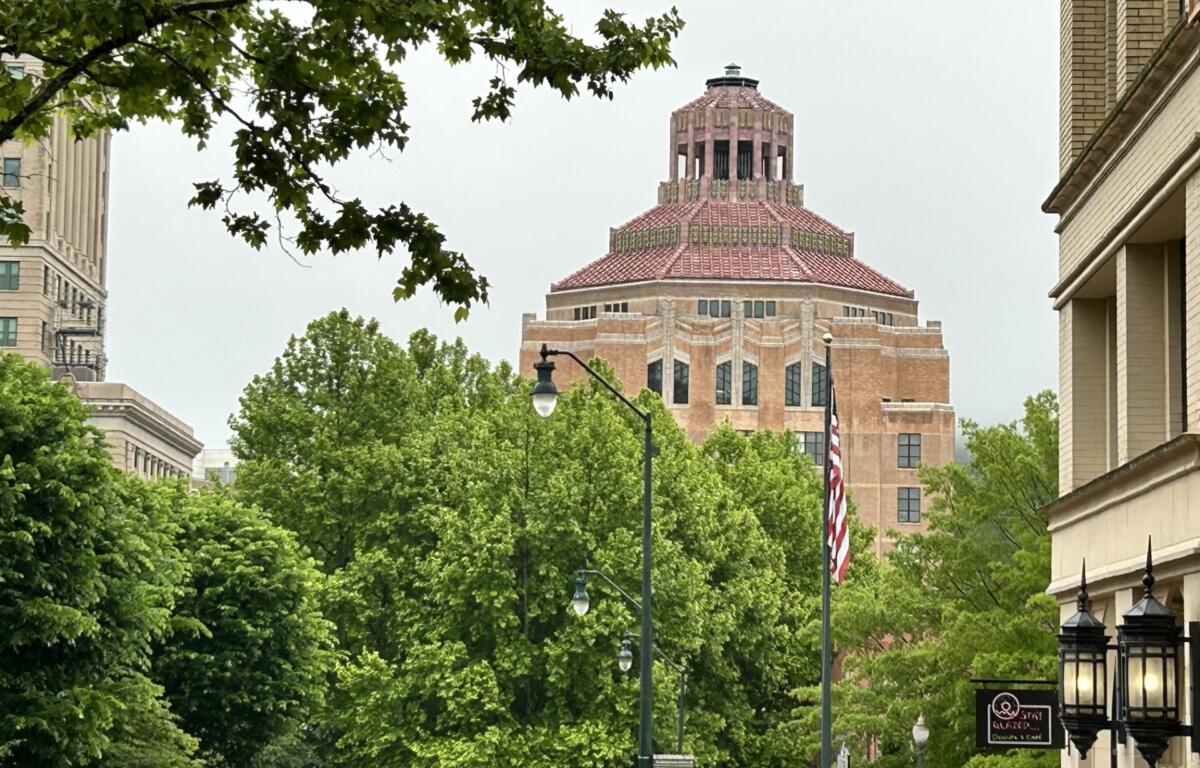ASHEVILLE, N.C. (828newsNOW) — As election season fast approaches, one concern voters have voiced is the state of public transportation in Asheville. With parking garages in need of repairs and the Asheville Rides Transit (ART) bus system hemorrhaging funds, voters are asking what the city council candidates will do to solve the mounting issues.
In exclusive interviews with 828newsNOW, candidates stated their concerns and plans to improve public transportation.
Candidate responses are listed in the order of which they were interviewed. City council incumbent Kim Roney, who is running for reelection, could not be reached for an interview.
“I am running because I believe the City Council needs at least one person dedicated to city services,” said Tod Leaven (D).
Leaven believes the primary goal of the city should be fiscal responsibility while improving public safety, infrastructure and transportation. Leaven’s plan is centered on the unhoused.
“I’m not anti-bus. [But] I don’t want to divert funds from housing.”
Bo Hess (D) said he wants to “Increase bus frequency, increase transit routes, run a ‘ride the bus’ campaign and build more housing along the bus line.”
Hess stated, “An inter-connected city is a healthy city.”
“I worked for the City of Asheville Transportation Division,” said C.J. Domingo (R).
“I would like to see more micro-transit,” he said, suggesting using minivans before buses and adding bus routes only if demand increases.
“We’re not charging enough for parking,” he said. Domingo wants to use parking fees “to fund garage infrastructure and transit.”
“Do a study and a plan,” said Kevan Frazier (D). “I don’t think our current system [gets people] from where they are to where they need to be.”
Frazier expressed concern that there is “no connection to manufacturers on the south side of Asheville” where employment opportunities are located.
Current City Councilwoman Sage Turner (D, Incumbent) said “Transit has been unsustainable for years now.”
Turner is concerned that “Parking, rather than maintaining its decks, has been subsidizing transit by half a million dollars a year.”
“We need to look for alternatives to long distance [bus] routes,” Turner said. “Only two percent [of Asheville residents] use transit.”
Related stories:


